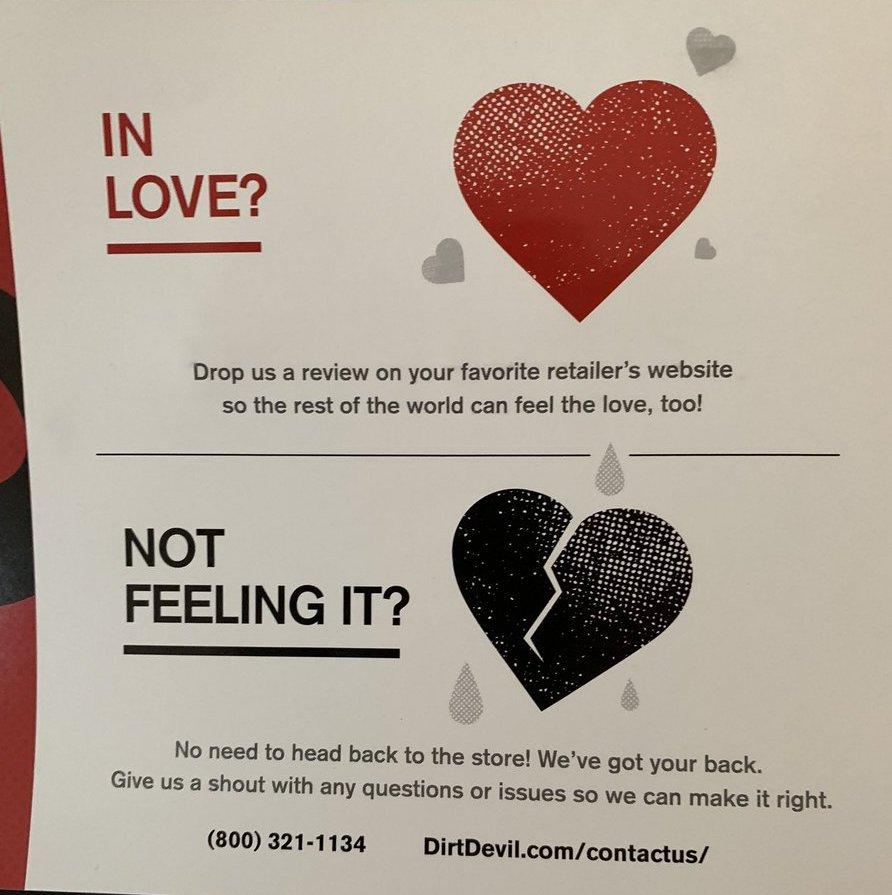
When customers start talking about you online, something incredible happens: other people get the encouragement they need to find out what you’re all about.
Whether they search for a business like yours on Google, visit Yelp for recommendations or just check out your Facebook page, you want to make sure that the words of actual customers are waiting for them.
But some business owners find asking for reviews to be difficult, or simply don’t know how to do it without sounding like they’re searching for shameless self promotion.
However…without reviews, and especially without a strategy for getting one, your customer’s adventure will come to a grinding halt at the Advocate stage.

The Advocate stage of the Customer Value Journey is where your customers get invested enough in your brand that they start telling people about you online…
…and it’s that dialogue that’s going to drive people to the Awareness stage to find out what everyone’s talking about.
Plus…you need your customers to make it just one stage further to become evangelists of your brand in the Promote stage.
So how do you keep the journey moving, and why are reviews such an effective tool for doing it?
It’s because of something called social proof.
How To Build Social Proof & What It Is

The science of psychology plays a huge role in marketing, especially when it comes to predicting the actions customers will take under different circumstances, and in this case, when they observe the behavior of others.
Social proof is a term coined by Robert Cialdini in his groundbreaking book about the psychology of persuasion, Influence. The principle states that the more people who take a given action, the more others will copy that behavior in a situation where they aren’t sure what to do.
The root of this behavior is that they assume that other people who have already acted must know more about the decision than they do.
The experiences of others give them the basic facts they need to make a choice, allowing them to decide without having to exert too much effort to figure it out themselves.
To put it in simpler terms…the more endorsements your brand gets, the higher its level of influence will be.
It’s why you want your Facebook ads and social media posts to go viral.
It’s why you want your blog posts to rank in searches for popular keywords.
The more people hear about the experiences of others, the more credibility your brand will have as you get more business reviews.
Why Do Reviews Matter?
So why are reviews the best method of how to build social proof? They’re real stories from real people…
…which makes them the greatest experts on your product or service.
One study shows that 88% of customers make decisions on what to buy based on product reviews.
In fact, one respondent said he would never consider buying anything unless he read about the experiences of others.
So with those stats, why do many businesses still not ask for reviews?
Because they’re afraid they’ll get bad ones.
Or worse…the only people who will take the time to write reviews will be the ones who had a bad experience.
However…if you have a large number of customers that keep coming back, there’s a good chance that is an illustration of how satisfied they are with what you sell.
If you’ve done your job in the Excite stage creating a memorable experience, they will want to pay it forward.
Besides…if you do get some bad reviews, all hope isn’t lost. In fact, many customers are suspicious when a product has 5 star reviews all the way down.
It sends the message that people are being solicited to say nice things about the product, which may leave customers wondering what the catch is.
And in the end, a big part of it is exactly how you choose to ask for the review to begin with. The key is to make it a part of the customer’s natural experience with your product, not a solicitation.
And here are just a few ways to do that.
3 Tips To Get More Business Reviews

Make It Easy To Do
The Customer Value Journey is about engaging your customers in every stage to make microcommitments, and in every one of those cases, you need to give customers directions on what to do next.
Getting them to write a review is no different. That means you need to instruct them on exactly where and how to do it.
You may think this sounds really basic. Don’t they know how to post on Facebook or do a write-up on Amazon? Yes, they do.
But there are a lot of places to write reviews, and if you know your market, you should be able to direct them to the exact networks for doing it.
If you want them to comment on your Facebook page, send out an email asking them to do that. Let them know if you prefer Google or Yelp as a network.
You can make it even easier by including a link in the email to your pages in other networks so they can go directly to the right place to write a review.
The bottom line is that you need to make it as easy to do as possible. The Internet is a big place with a lot of distractions and your customers are busy enough as it is.
Without clear, specific instructions, they’ll forget to do it at all.
Ask Them When The Order Is Delivered
While you can obviously ask for a review over email, an even better idea is to make the review request part of the actual experience, especially if your customers are receiving things in the mail.
One easy way to do this is by including an entertaining card in the package giving instructions on how and where to review the product.
A great example of this comes from Dirt Devil, who includes this card in all vacuum cleaner purchases.

The genius of this package insert is that it gives customers the opportunity to share both positive and negative experiences. It instructs customers to visit a retail website of their choice for a positive review…
…but if the experience was less than stellar, it gives the contact information for customer support so they can not only give feedback, but find a solution.
The company makes it convenient and easy to share their concerns and complaints and directs them to call so they can “make things right.”
This approach accomplishes 2 things. First, it builds rapport with customers who were not satisfied with the experience.
But an added bonus is that people with positive experiences are directed to review the product online…
….while unsatisfied customers are given a path toward a solution, which ultimately will help deal with their frustration and perhaps even give them a more positive view of your brand.
Ask For A Review…Not a Good Review

Ultimately, asking for your customers’ feedback in general builds goodwill with them.
Regardless of whether their opinion is positive or negative, giving them the chance to share what they think will go a long way toward your relationship with them as well as building social proof.
It also shows transparency to say that you are interested in what your customers think…whatever they think.
Which brings up another question…should you respond to negative reviews?
Ideally, you should have someone on staff to read all reviews and respond to them, regardless of whether they were positive or negative.
But in the case of negative feedback, you should always acknowledge the issue and apologize for the inconvenience.
This becomes even more critical if customers leave negative comments on social media.
Since these comments are public, it will go a long way toward building social proof if you publicly respond, acknowledge their problem and offer to connect on a private chat to discuss it and find a solution.
Want to find out more about how to use our Customer Value Journey strategy to take strangers to your business and turn them into total evangelists for it?
Give us a ring at 1-855-607-7766 or send an email to hello@ciriusmarketing.com so we can connect and discuss your business goals.
